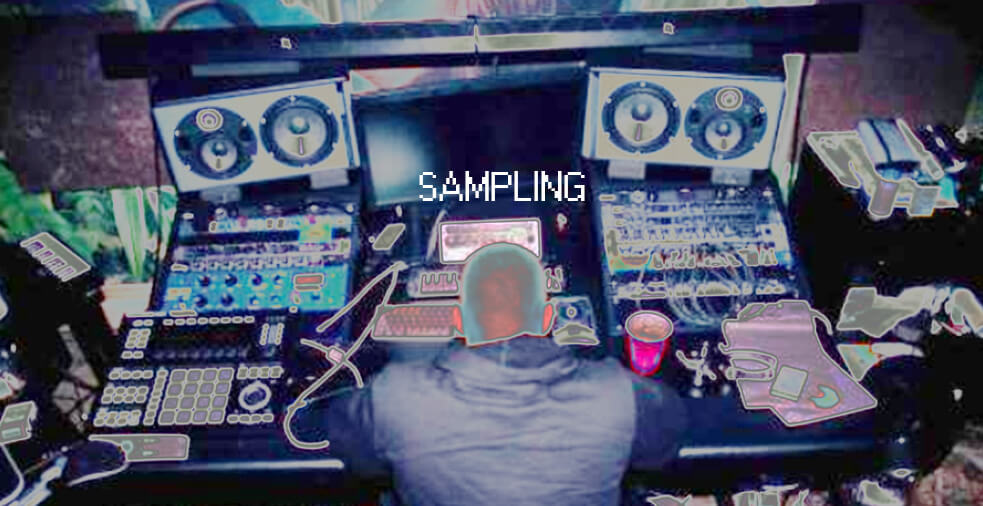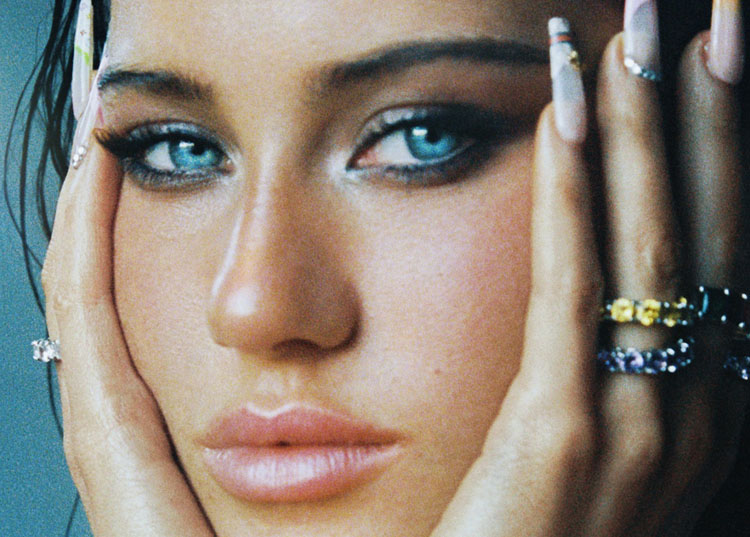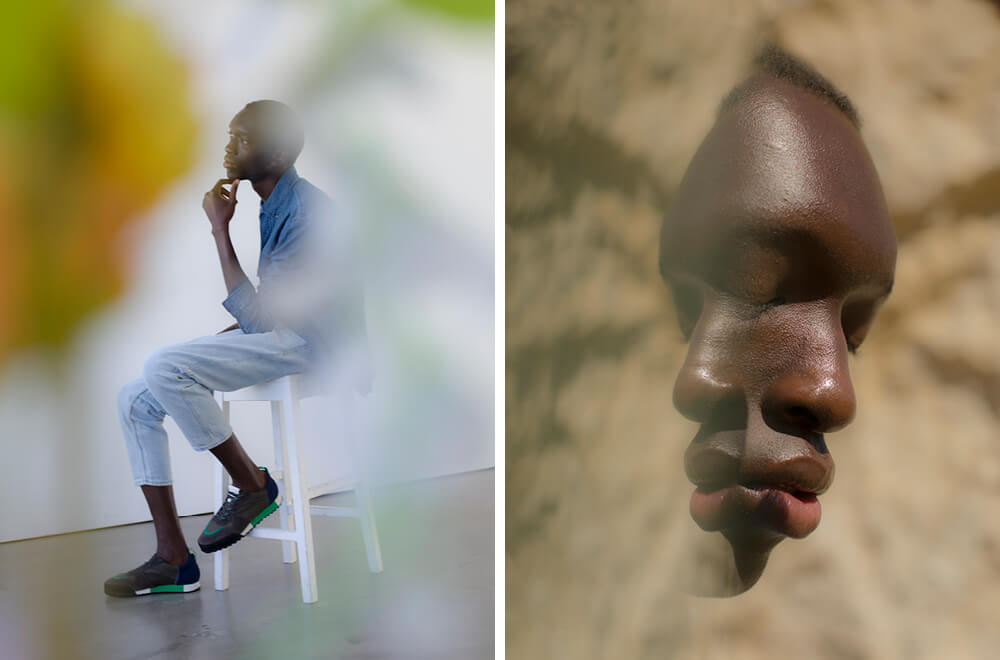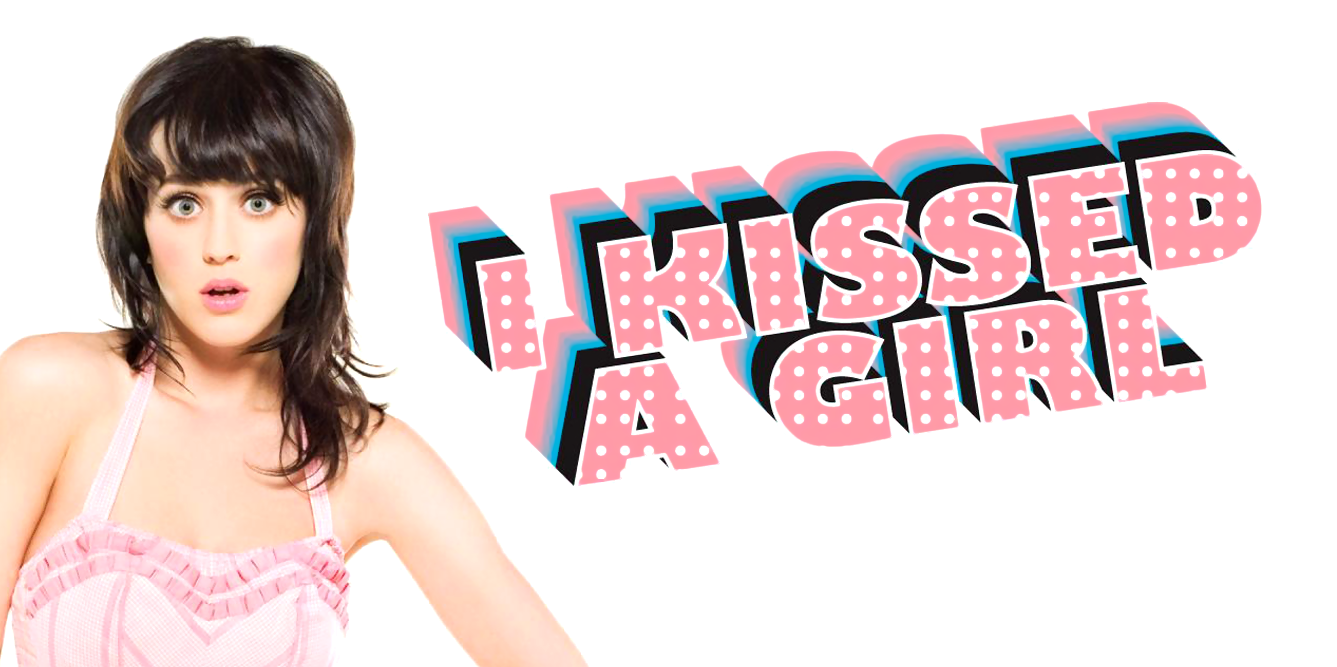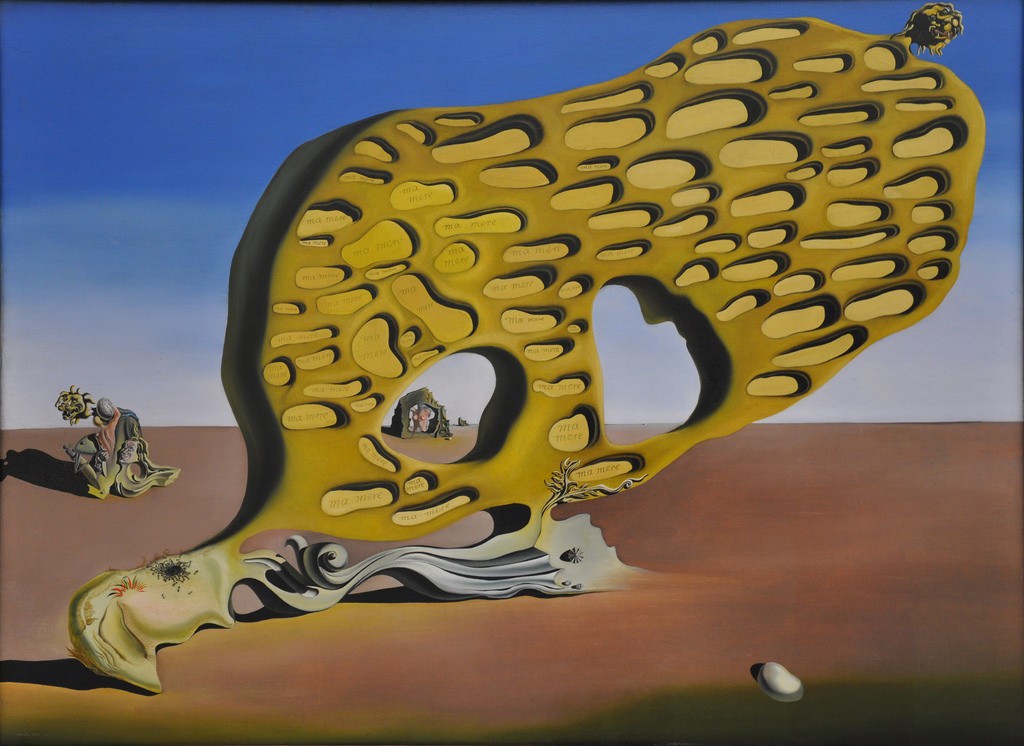In the vast landscape of today’s music industry, we live in a world where almost every other artist has sampled old tracks and put our own twist on them.
Whether they are RnB tracks from the early 2000s or soulful gems from the 80s, sampling knows no boundaries. It dates back to the Jazz era, was experimented with in the 60s, and gained popularity during the rise of 80s Rap music.
Back in the 80s when rap first floated to the surface, DJs like Grandmaster Flash and Kool DJ Herc would manipulate the rotation of disco and funk vinyl records so they would only play the climax of the song in a melodic way.
Soon after, we as wordsmiths found ourselves rhyming and lyricizing over the beats, jumpstarting the Rap revolution. Grandmaster Flash and the Furious Five quickly became a widely known sensation with this method, which is also portrayed in the Netflix original series “The Get Down.”
Often times we will hear a song by an artist we don’t expect much from and will be pleasantly surprised by one of their tracks. Over half of the time, it turns out to be a sample. Don’t get us wrong, we still enjoy the song, but we can’t help but be mildly disappointed sometimes. It has come up too often that listeners will be unaware of the fact that the song was even sampled in the first place, not knowing the production that they find incredible isn’t actually our own creation. Hip-Hop, Jazz, and Soul singers are stripped of their credit, and nobody even knows. The origin of sampling is pure, and the intention may often times even be genuine. Nevertheless, we find it hard to believe that every artist today still samples with the intention of honoring a legend. Most artists don’t even write their own lyrics anymore, let alone use real instruments for their tracks like we demonstrated in the samples. So, are we artists honoring oldies or just being lazy? Occasionally, when we hear a talented artist have their greatest hit be a sample, we think to ourselves: we could have done that too. Artists today need to find back to the roots of music creation. We’re missing real instruments, meaningful lyrics, and a chorus sung by a contemporary RnB singer. Great artists like that do exist in our generation, some not even getting enough credit for it as well. We represent real music and should be credited for that. Artists today need to find our true identity.
Sampling has become an integral part of contemporary music, with us as artists from various genres adopting this practice to create our own artistic expressions. While the intention behind sampling may vary from honoring legends to taking shortcuts, it is crucial for us to find a balance between paying tribute and embracing our unique creative abilities. By reconnecting with the roots of music creation, including real instruments and heartfelt lyrics, we as artists can forge our true identities and leave a lasting impact on the ever-evolving landscape of the music industry.
https://www.youtube.com/watch?v=7fh3yQ46TUw








